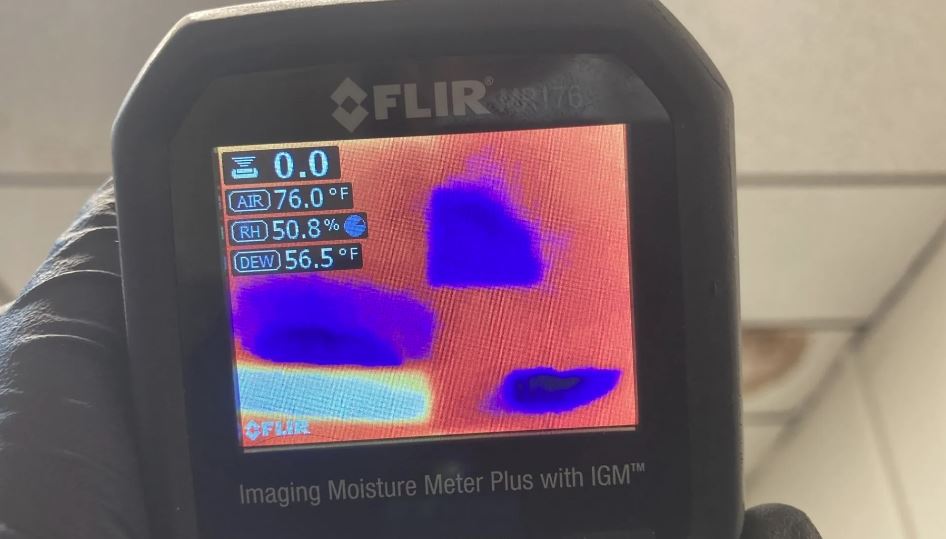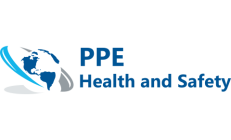Understanding Mold and Its Impact on Indoor Air Quality
Mold is a type of fungus that thrives in damp, warm environments. It reproduces through spores that can easily become airborne, leading to contamination of indoor air. When inhaled, these spores can trigger a range of health issues, particularly for sensitive individuals such as children, the elderly, and those with pre-existing respiratory conditions. As a result, maintaining good Indoor Air Quality in New Brunswick NJ becomes essential for safeguarding residents’ health and ensuring a comfortable living environment.
Health Risks Associated with Mold Exposure
Exposure to mold can lead to several health complications, including:
- Respiratory Issues: Mold spores can irritate the respiratory system, causing symptoms like coughing, sneezing, and difficulty breathing.
- Allergic Reactions: Many individuals may experience allergic reactions, including skin rashes, itchy eyes, and nasal congestion.
- Asthma Attacks: For those with asthma, mold exposure can exacerbate symptoms and lead to severe attacks.
- Long-term Health Effects: Prolonged exposure to mold can result in chronic health issues, including lung infections and other serious conditions.
The Importance of Indoor Air Quality
Maintaining good indoor air quality is vital for overall health and well-being. Poor air quality can lead to increased health risks, decreased productivity, and a lower quality of life. Mold specialists play a crucial role in ensuring that homes are free from mold and other contaminants, thereby improving air quality.
Identifying Mold Growth in Your Home
Recognizing the signs of mold growth is the first step in addressing the issue. Mold can often be hidden from view, making it essential to be vigilant.
Common Signs of Mold Presence
- Visible Mold: Look for patches of mold on walls, ceilings, and other surfaces, often appearing as black, green, or white spots.
- Musty Odors: A persistent musty smell can indicate hidden mold growth.
- Water Damage: Areas with water stains or signs of moisture are prime candidates for mold growth.
- Health Symptoms: If family members experience unexplained respiratory issues or allergic reactions, it may be time to investigate potential mold problems.
Areas Prone to Mold Growth
Certain areas of the home are more susceptible to mold due to higher humidity levels. These include:
- Basements: Often damp and poorly ventilated, making them ideal for mold growth.
- Bathrooms: High moisture levels from showers and baths can lead to mold on walls and ceilings.
- Kitchens: Spills and leaks can create a breeding ground for mold.
- Attics: Poor ventilation and humidity can lead to mold growth in these spaces.
The Role of Mold Specialists in New Brunswick, NJ
Mold specialists are trained professionals who focus on identifying, removing, and preventing mold growth in residential and commercial properties. Their expertise is invaluable in safeguarding indoor air quality.
Comprehensive Mold Assessment
A thorough assessment is the first step in the mold remediation process. Specialists use advanced tools and techniques to detect mold, even in hidden areas. This assessment typically includes:
- Visual Inspections: A detailed examination of the property to identify visible mold and signs of moisture.
- Air Quality Testing: Collecting air samples to measure mold spore concentrations and identify specific types of mold present.
- Moisture Mapping: Using specialized equipment to detect hidden moisture sources that may contribute to mold growth.
Tailored Remediation Plans
Once mold is detected, specialists develop a customized remediation plan based on the extent of the problem. This plan may include:
- Containment: Isolating affected areas to prevent the spread of mold spores during the removal process.
- Removal of Contaminated Materials: Safely disposing of materials that cannot be salvaged, such as drywall or carpeting.
- Cleaning and Disinfection: Thoroughly cleaning surfaces to eliminate any remaining mold spores and prevent regrowth.
Preventing Future Mold Growth
After remediation, it’s essential to implement measures to prevent mold from returning. Mold specialists provide valuable insights and recommendations to homeowners.
Moisture Control Strategies
Controlling moisture levels is key to preventing mold growth. Some effective strategies include:
- Dehumidifiers: Installing dehumidifiers in high-humidity areas can help maintain optimal moisture levels.
- Proper Ventilation: Ensuring adequate ventilation in bathrooms, kitchens, and basements to reduce humidity.
- Regular Inspections: Conducting routine checks for leaks and water damage to catch potential issues early.
Structural Repairs and Improvements
In some cases, structural repairs may be necessary to prevent future mold issues. This can include:
- Roof Repairs: Fixing leaks in the roof to prevent water intrusion.
- Window Sealing: Ensuring windows are properly sealed to prevent moisture buildup.
- Foundation Maintenance: Addressing any cracks or gaps in the foundation that may allow water to enter.
The Importance of Professional Mold Remediation
While some homeowners may attempt DIY mold removal, professional remediation offers several advantages.
Expertise and Experience
Mold specialists possess the knowledge and experience to effectively identify and address mold issues. They are trained to handle various types of mold and understand the best practices for safe removal.
Safety Considerations
Mold removal can pose health risks, especially if proper precautions are not taken. Professionals use protective gear and follow safety protocols to minimize exposure to mold spores during the remediation process.
Long-term Solutions
Professional mold remediation goes beyond just removing visible mold. Specialists focus on addressing the root causes of mold growth, ensuring that homes remain mold-free in the long run.
Insurance and Mold Remediation
Understanding how insurance coverage works for mold remediation can alleviate some of the financial burdens associated with mold issues.
Coverage Options
Many homeowners’ insurance policies include coverage for mold remediation, but it’s essential to review your specific policy. Coverage may vary based on factors such as:
- Cause of Mold Growth: Mold resulting from a covered peril, such as a burst pipe, is more likely to be covered.
- Policy Limits: Some policies may have limits on mold-related claims, so it’s crucial to understand your coverage.
Navigating the Claims Process
Working with a mold specialist can simplify the insurance claims process. They can provide detailed documentation, including:
- Estimates for Remediation: A comprehensive estimate outlining the costs associated with mold removal.
- Photographic Evidence: Before-and-after photos to support your claim.
- Expert Testimony: Specialists can provide statements regarding the extent of the mold problem and necessary remediation steps.
Client Testimonials and Success Stories
Hearing from satisfied clients can provide reassurance when choosing a mold specialist. Many homeowners have shared their positive experiences after working with professionals in New Brunswick, NJ.
Real-Life Experiences
- John D.: “After discovering mold in my basement, I was overwhelmed. The team was incredibly responsive and guided me through the entire process. They not only removed the mold but also helped me understand how to prevent it from coming back.”
- Sarah L.: “I was impressed with the thoroughness of the assessment. The specialists found mold I didn’t even know existed. Their expertise made a stressful situation much easier to handle.”
Building Trust Through Transparency
Professional mold specialists prioritize transparency throughout the remediation process. They keep clients informed about each step, ensuring that homeowners feel confident in the services provided.
Conclusion: Prioritizing Indoor Air Quality
Protecting your family’s health starts with ensuring good indoor air quality. Mold specialists in New Brunswick, NJ, play a vital role in identifying and addressing mold issues, ultimately safeguarding your home and loved ones. By understanding the importance of mold remediation and taking proactive steps, homeowners can create a safe and healthy living environment.
For more information about Air Quality in New Brunswick New Jersey please contact:
Business Name: New Jersey Mold Specialist
Address: 92 Bayard St # 203, New Brunswick, NJ 08901
Phone: (732) 973-9352
Website: https://njmoldspecialist.com/
Google Map: https://maps.app.goo.gl/kg1JHzNPLm666hW3A

